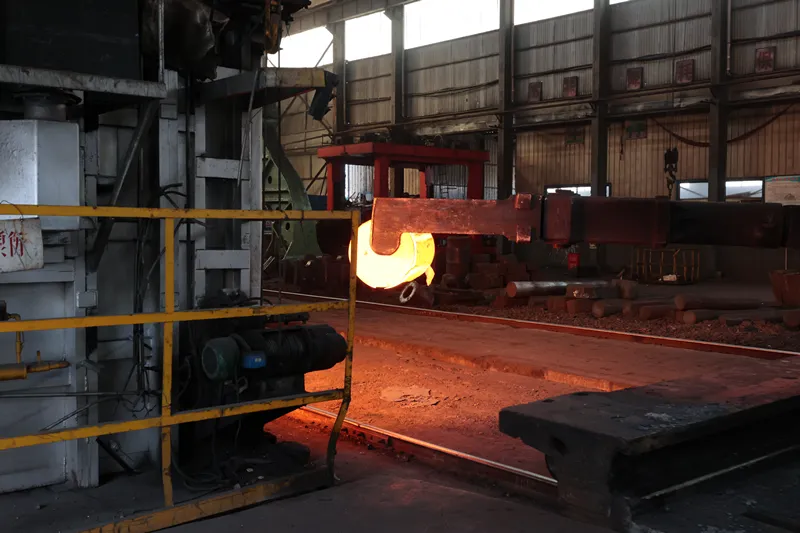What Are the Limitations of a Universal Joint?
Universal joints, also known as U-joints, serve as crucial components in various mechanical systems, providing flexibility in transmitting torque between intersecting shafts. While they offer versatility, it's essential to be aware of their limitations. In this article, we'll delve into the constraints of universal joints, shedding light on real-life applications and practical scenarios.
I. Introduction
A universal joint is a mechanical coupling that enables the transfer of rotational power between shafts that are not in a straight line or at a constant angle. Despite their widespread use in automotive, industrial, and agricultural applications, universal joints have certain limitations that can impact their performance and longevity.
II. Angular Misalignment
One of the primary limitations of universal joints is their susceptibility to angular misalignment. When the shafts are not perfectly aligned, it can lead to vibration, noise, and accelerated wear and tear. In real-life scenarios, this misalignment can occur due to manufacturing tolerances, installation errors, or wear over time.
III. Limited Torque Transmission
While universal joints are effective for moderate torque transmission, they may struggle with heavy-duty applications. In scenarios where high torque is required, such as in heavy machinery or industrial equipment, the limitations of universal joints become evident. This can result in decreased efficiency and potential failure.
IV. Constant Velocity Joint Alternatives
In applications where maintaining a constant velocity is crucial, universal joints fall short. Constant velocity joints (CV joints) have emerged as alternatives that provide smoother power transmission at varying angles. The limitations of universal joints become apparent when precise motion and speed consistency are essential.
V. Lack of Lubrication
Proper lubrication is paramount for the smooth operation of universal joints. In real-life situations, the challenges arise when lubrication is inadequate or neglected. Insufficient lubrication can lead to friction, heat buildup, and premature wear, emphasizing the importance of regular maintenance.
VI. Real-Life Applications
Automotive Industry
In the automotive sector, universal joints are commonly found in drive shafts, allowing power transmission from the engine to the wheels. The limitations of universal joints, such as angular misalignment and torque restrictions, are critical considerations for vehicle manufacturers seeking optimal performance and durability.
Agricultural Machinery
In agricultural equipment, universal joints are employed in various components, including power take-off shafts. Farmers face the practical challenges of field operations, where misalignment due to uneven terrain can impact the efficiency of universal joints.
Industrial Machinery
In industrial settings, universal joints play a crucial role in connecting rotating shafts in machines and equipment. Understanding the limitations is essential for engineers and maintenance personnel to ensure the reliability of these systems.
VII. Overcoming Limitations
While universal joints have constraints, engineers and designers employ various strategies to overcome these limitations. This includes precision manufacturing, proper alignment during installation, and the use of alternative coupling mechanisms in specific applications.
VIII. Conclusion
In conclusion, while universal joints offer versatility in transmitting rotational power, it's crucial to acknowledge their limitations. Angular misalignment, torque constraints, and the need for constant velocity in certain applications highlight the importance of thoughtful consideration in their use. Real-life scenarios in automotive, agriculture, and industry underscore the significance of understanding and addressing these limitations for optimal performance and longevity.



